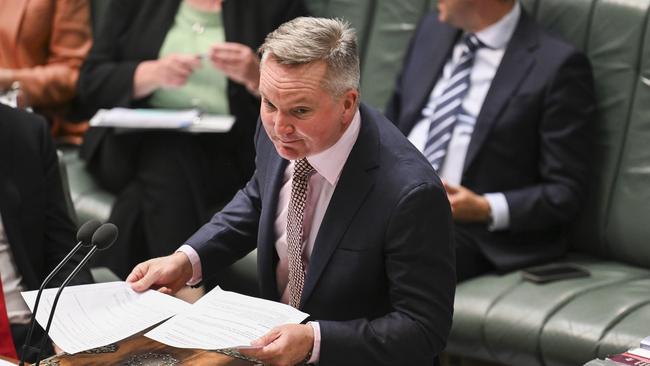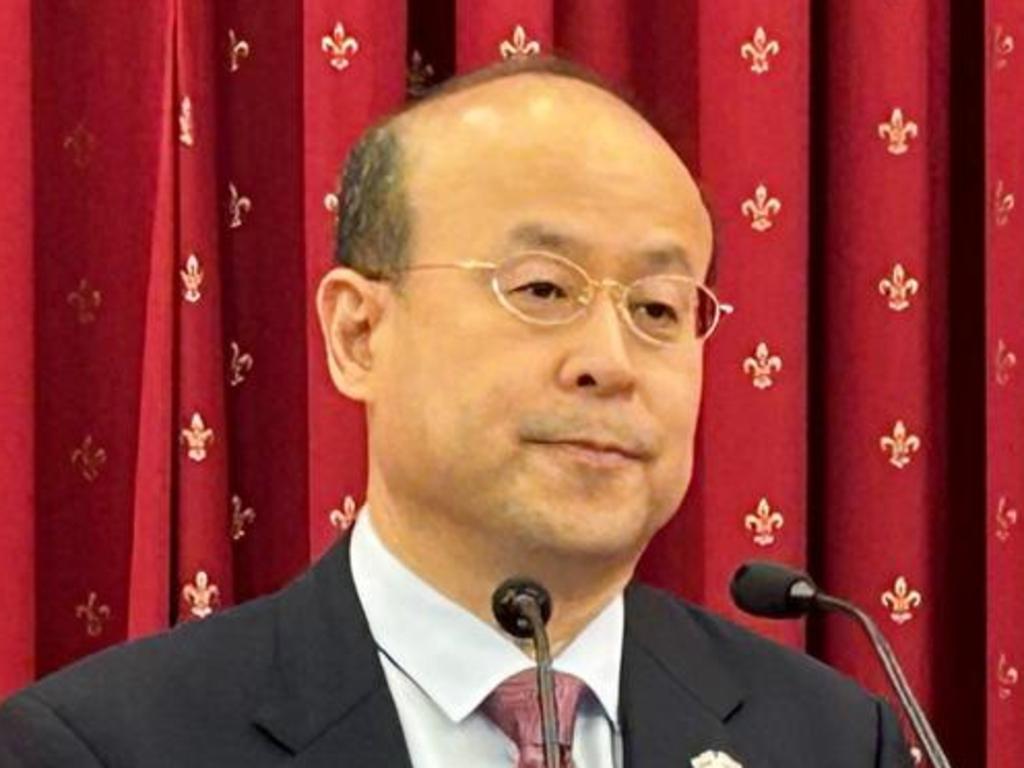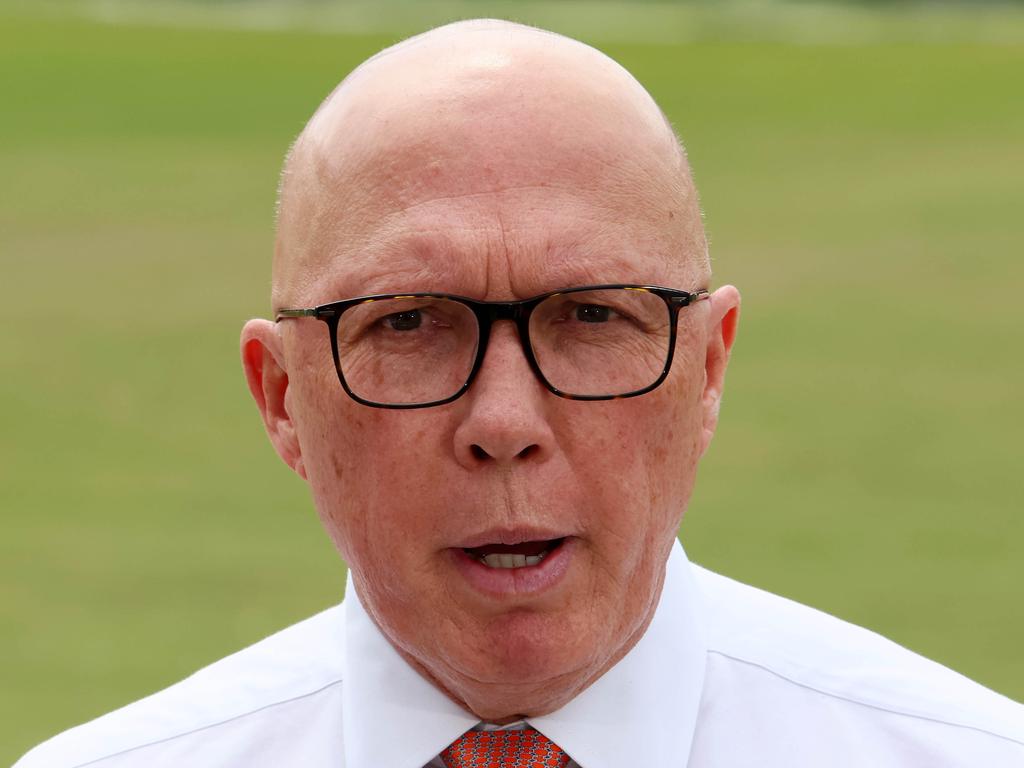
For a possible explanation, look no further than Bowen’s statement that the target would be “ambitious but achievable,” with a qualification that there’s “no point setting a target which the country can’t meet”.
Is this finally an admission by the government that its 2030 targets won’t be met? That Bowen’s “reliable renewables” plan can’t deliver on the promises made? It might also explain why the CCA recently recommended that the loss of social licence for the transition required a “dedicated, independent information and engagement campaign to combat mis- and dis-information”.
The best antidote to such spurious claims is to let facts speak for themselves.
When asked about his legacy, Anthony Albanese said he wanted to be remembered for “acting on climate change”. He legislated a 43 per cent reduction in emissions by 2030, underpinned by 82 per cent renewables in the grid and promised a $275 cut in power bills by 2025. It was clear, a long time ago, that the $275 promise was not going to be met. Prices have kept rising as the queues in energy poverty kept growing. Despite suggestions wholesale prices had recently stabilised, the facts tell a different story.
In the June quarter, average wholesale prices jumped to $133 per MWh, the highest since the spikes in 2022, and a 23 per cent increase on the previous year.
In NSW, the average price rose to a high of $173 per MWh. Low wind speeds and reduced rainfall in the southern states increased reliance on gas-fired generation, leading to a price hike of $131 per MWh in Tasmania, up by 104 per cent in a year. Proof positive that Bowen’s “reliable renewables” plan was adrift. There’s nothing “reliable” about intermittent, weather-dependent renewables.
These wholesale prices and further transmission costs will feed into the draft Default Market Offer, to be released in March. Labor’s transition plans will again be put to the test, with further power price rises forcing more people into energy poverty.
Emissions decreased by 0.6 per cent in the year to March 2024, now 28.2 per cent below the 2005 baseline and well short of target. Last year, the authority’s report to parliament advised that the transition was “not yet on track to meet its 2030 targets”. On current trends, the targets won’t be met and no expert independent advice suggests otherwise.
In the minister’s own words, “there’s no transition without transmission”.
The public is well aware of the inordinate delays in projects that are all hugely over budget. There’s not enough storage, nor battery capacity, to provide adequate firming for a grid absorbing more renewables. There’s huge workforce shortages in the trades and problems with accommodation and transport for projects in regional areas. This leaves us halfway to securing 82 per cent renewables by 2030.
Inevitably, progress with the transition will be measured against the government’s targets. That’s why Bowen’s priority and focus has been to meet them at the expense of securing reliable and affordable baseload power to replace lost capacity.
In that process, Labor has remained conflicted about the importance of gas, which puts manufacturing and jobs at huge risk. It’s a failure of public policy to not have a domestic gas reservation policy in place. It’s never too late to take decisive action in view of impending supply shortages for domestic use.

Being a responsible global citizen and playing our part under the Paris Agreement should not be at the expense of our national interest. In 2017, then chief scientist Alan Finkel was asked at a Senate estimates hearing to comment on the impact on the world’s climate if carbon emissions were reduced by 1.3 per cent, around the level of our contribution. In reply, Finkel said the impact would be “virtually nothing”.
His response won’t meet with approval by the virtue signallers, but surely our energy transition must be based on a strategy that’s grounded in reality, is accountable for costs, accepts the need for baseload power 24/7, recognises that renewables can’t power the economy, and avoids potential harm.
No doubt the results of the US presidential election will have a profound impact on climate policy. If Donald Trump is elected, will he withdraw from the Paris Agreement? And what might that mean for global climate action?
It seems the Albanese government won’t provide their 2035 emissions target before the election, signalling it could be as early as February. The Coalition made clear that while it’s committed to net zero by 2050, it would not be making any interim commitments ahead of the election.
Both parties have an obligation to provide their whole-of-system costings and the modelling that underpins their plans. This will enable voters to make an informed choice between two distinct and competing visions for the way forward. The result will decide the shape of our energy policy which, as ever, will be fundamental to Australia’s future prosperity.
Jennie George is a former ACTU president and former Labor MP for Throsby.







At the start of the year, Energy Minister Chris Bowen made clear that he’d sought advice from the Climate Change Authority about the government’s 2035 emissions target. He assured the public the target “would be very clear to the Australian people well before the election”. Now he’s walked away from the commitment.